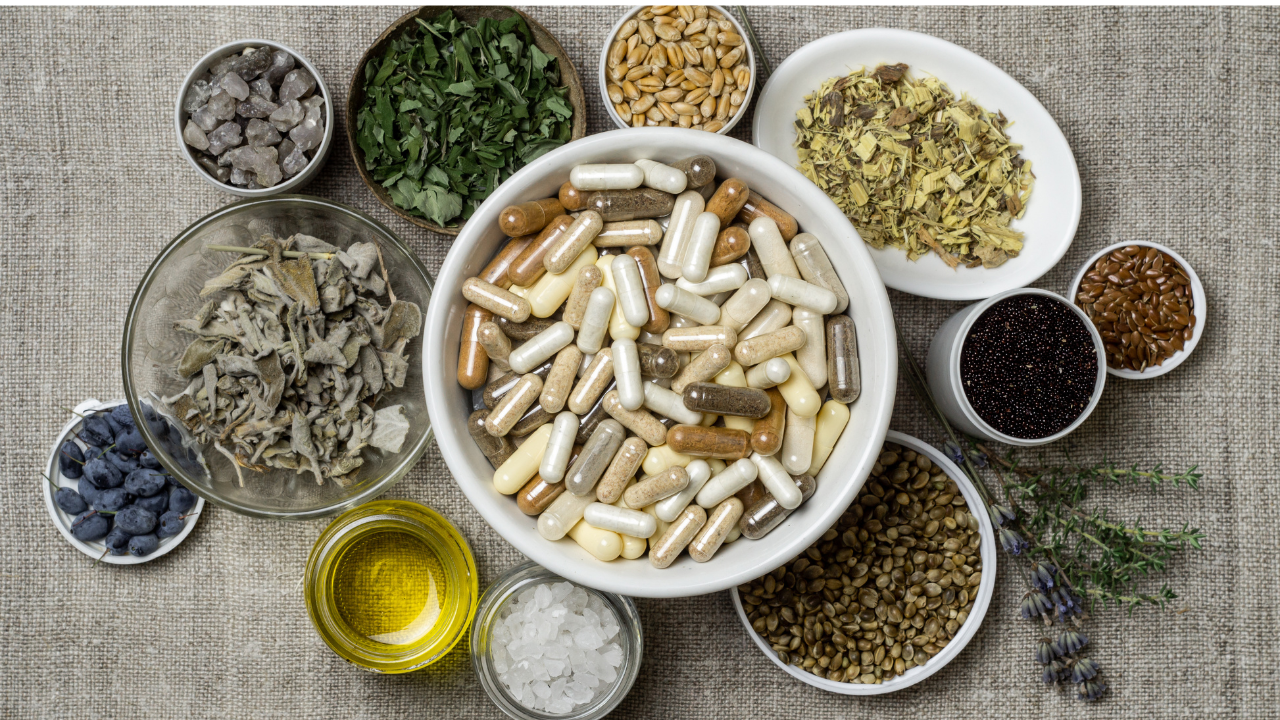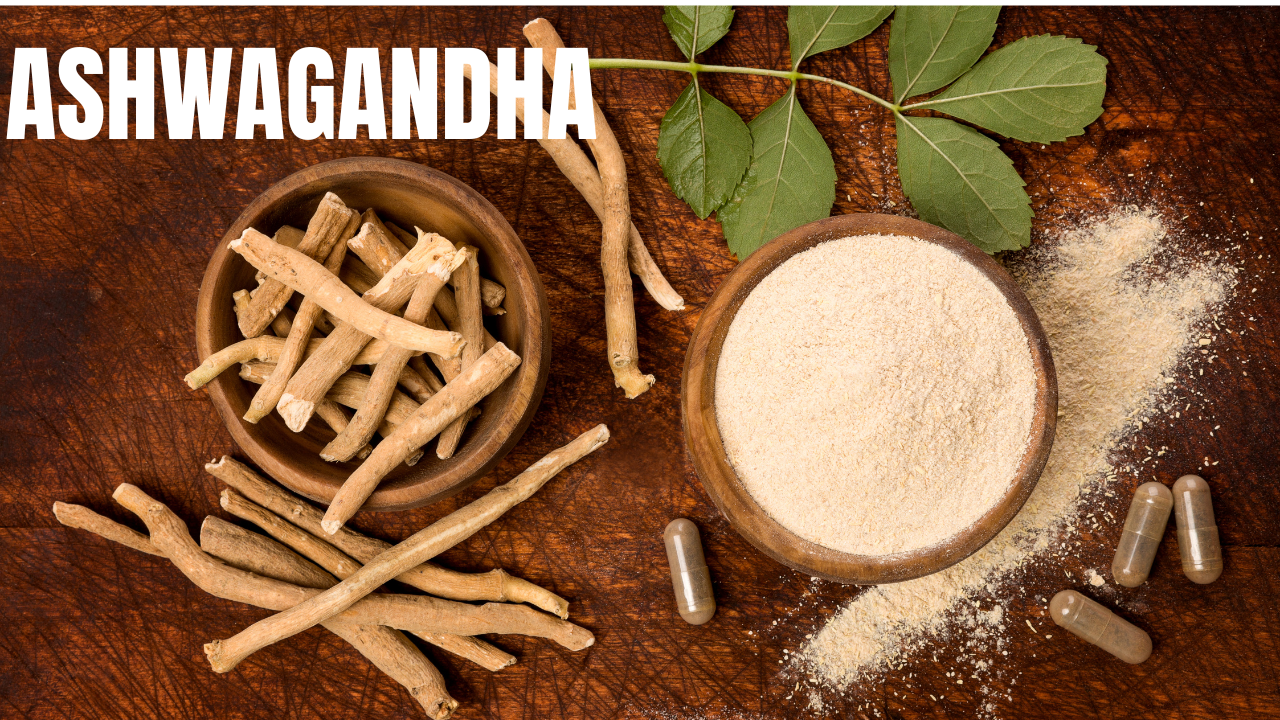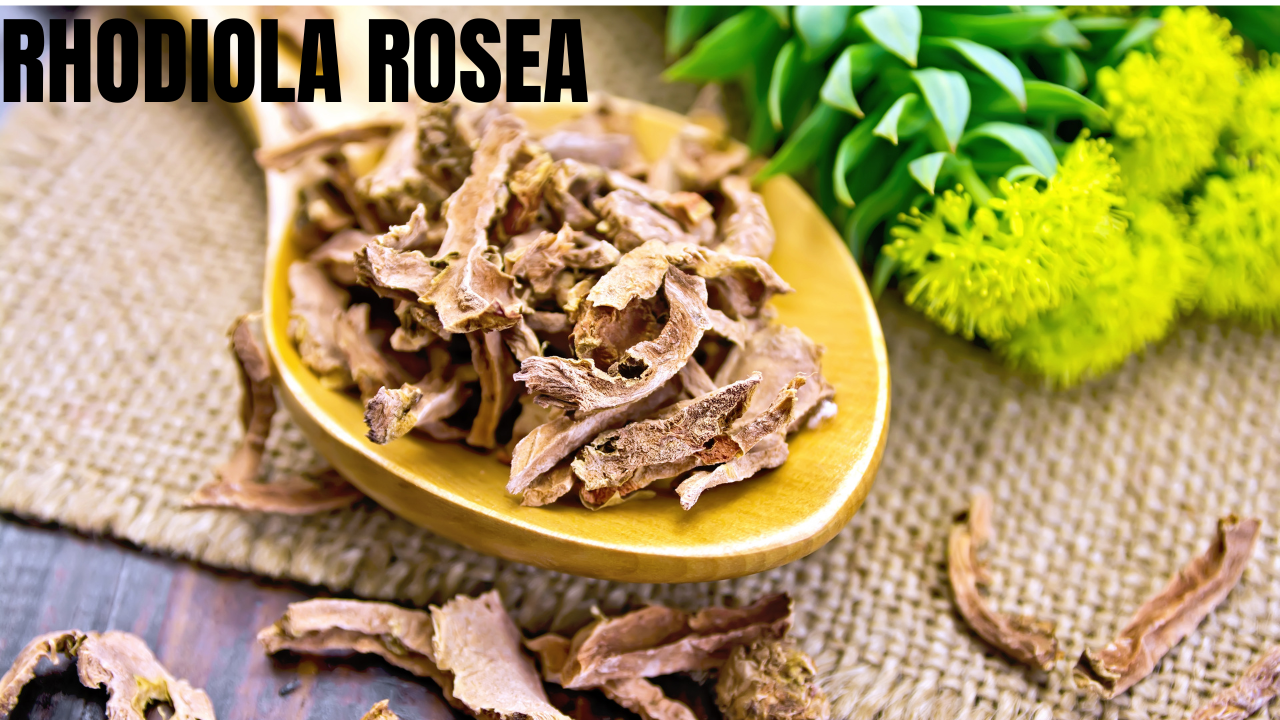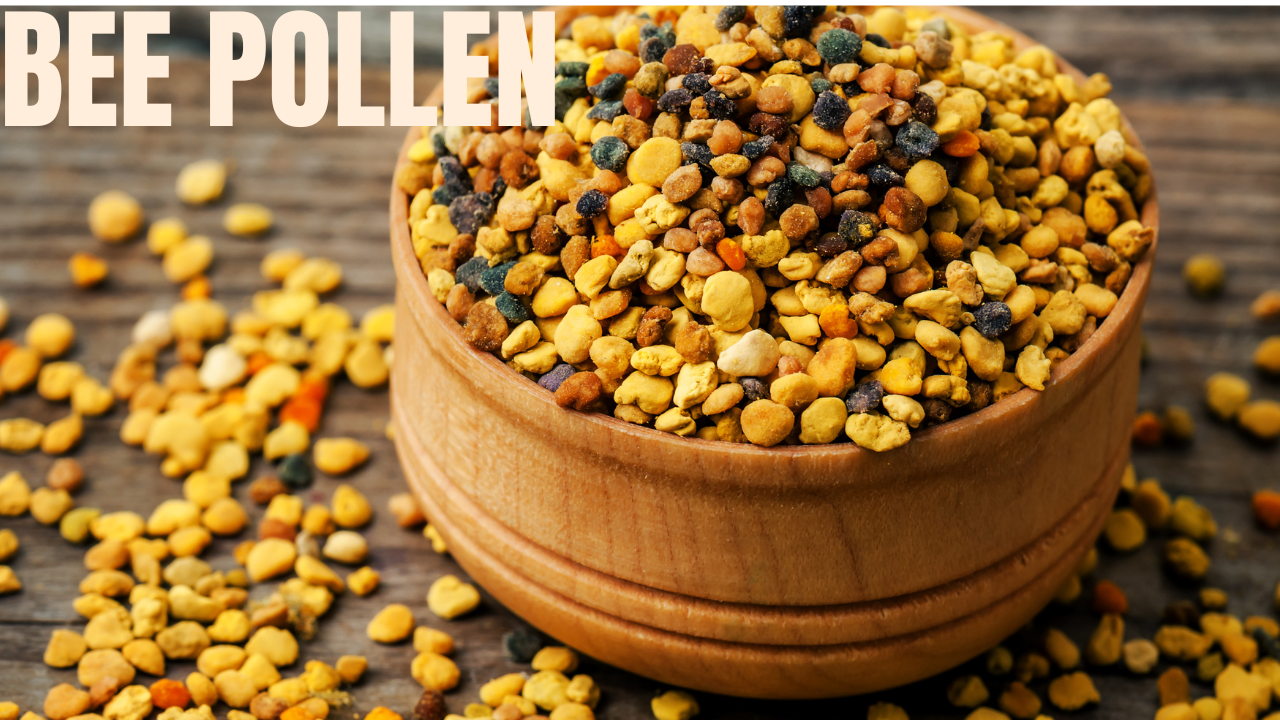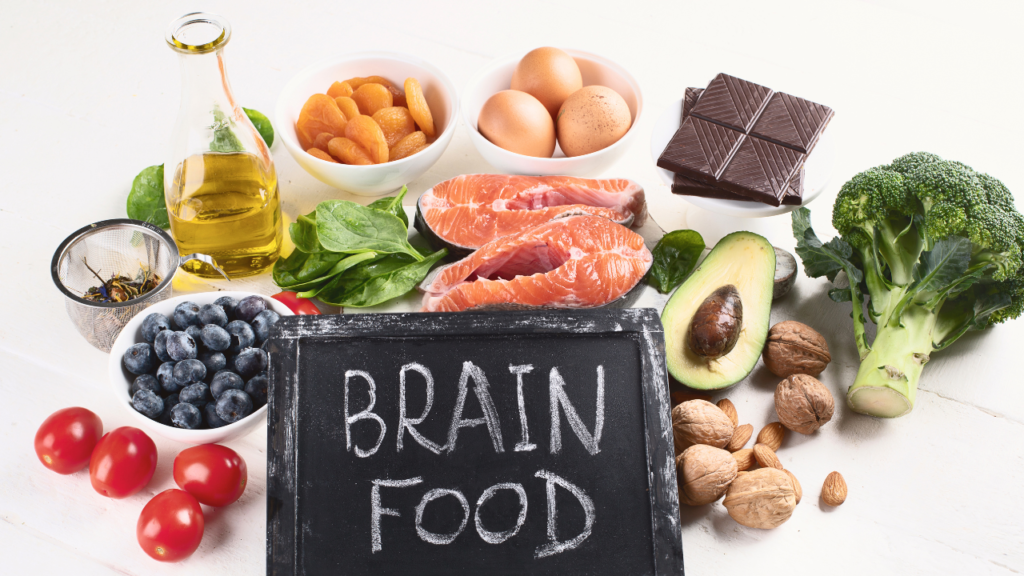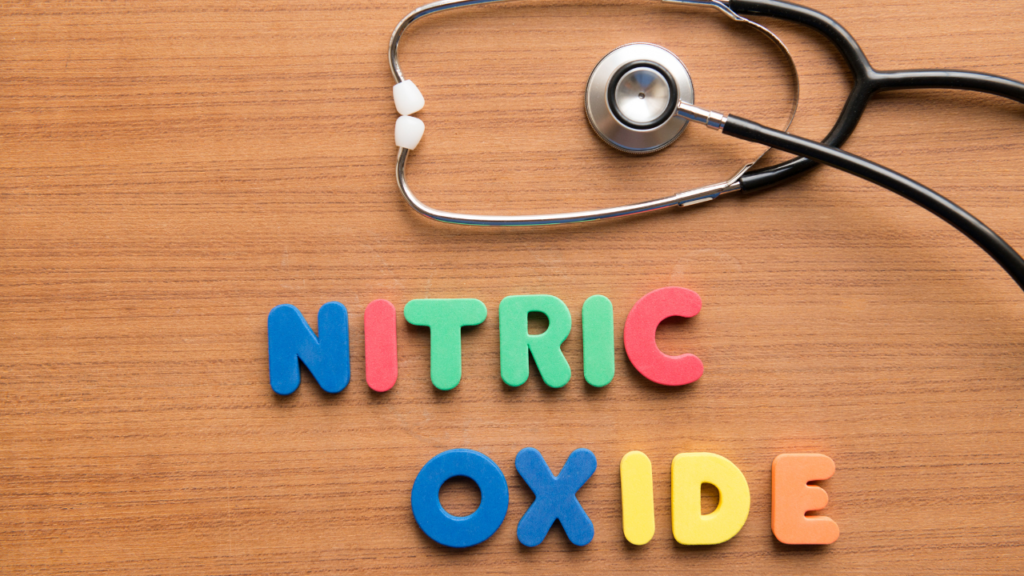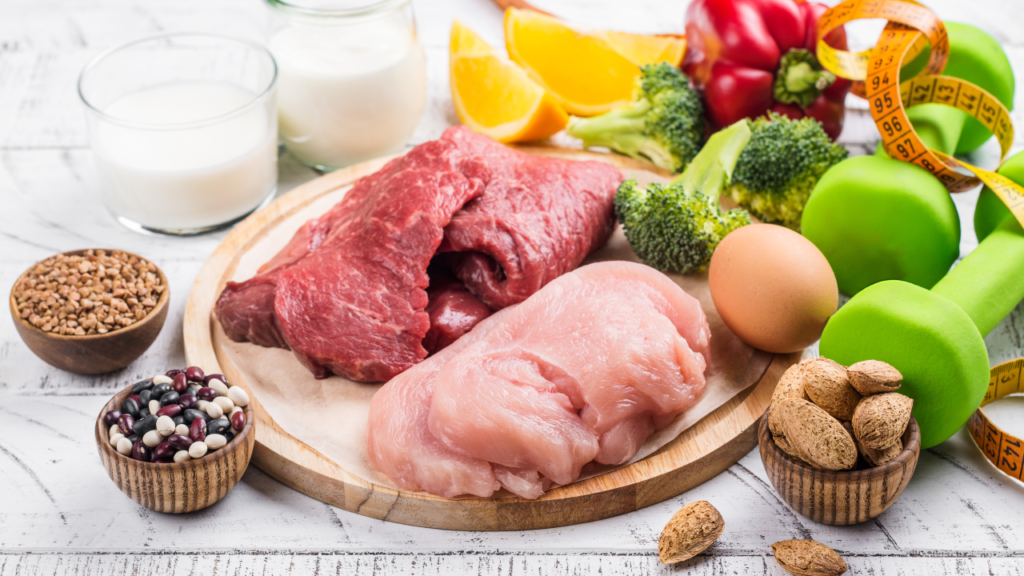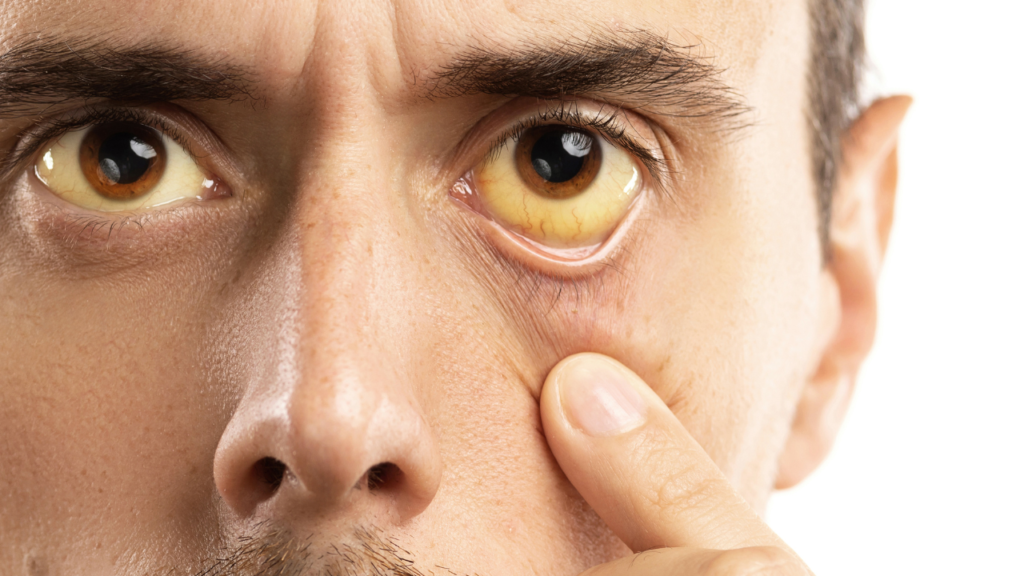Maintaining natural energy levels is best achieved through a well-balanced diet, regular physical exercise, and adequate sleep. However, these practices may not always be feasible due to the various demands of daily life.
But here’s the good news: the right supplements can help you regain your vitality, making you feel more energetic and ready to take on life with enthusiasm.
In this article, we will explore Supplements that boost energy and vitality naturally. When used alongside a holistic approach to health and wellness, these supplements can enhance your energy levels and overall well-being, fostering the health of your body, mind, and spirit.
Here are 20 natural vitamins and supplements that could enhance energy levels.
1. Ashwagandha
Ashwagandha is a key medicinal herb in Ayurvedic medicine, believed to boost energy by enhancing resilience to stress. Studies show that those taking ashwagandha experienced significant reductions in stress and anxiety, with 28% lower cortisol levels compared to a placebo group. A review of five studies confirmed improvements in stress and fatigue among ashwagandha users. Additionally, research indicates that it can help alleviate exercise-related fatigue, as shown in a study with elite cyclists who performed better after taking ashwagandha. Overall, it is safe with minimal side effects.
2. Rhodiola Rosea
Rhodiola rosea is an herb found in cold, mountainous regions. It falls under the category of plants known as adaptogens, which are natural compounds that assist the body in coping with stress and achieving balance. A review of 11 studies involving over 500 participants found that eight indicated Rhodiola enhances physical performance and reduces mental fatigue, with a low risk of side effects.
Additionally, Rhodiola may aid in alleviating symptoms of depression; although it was less effective than the antidepressant sertraline (Zoloft), it was better tolerated with fewer side effects.
3. Maca
Maca, often called Peruvian ginseng, is an herb known for boosting energy and vitality. Maca is now studied for its benefits, including:
- Increases Energy and Stamina Naturally If you experience fatigue or lethargy, maca offers a natural way to achieve sustained energy.
- Aids in Hormonal Balance Maca is classified as an adaptogenic herb, which means it assists the body in naturally regulating hormone production.
- Improves Mental Clarity and Focus Are you dealing with brain fog?
- Enhances Endurance and Athletic Performance
- Helps with Mood and Stress Management
- Improving sexual dysfunction and increasing libido, particularly in women
- Protecting the skin from UV radiation
As an adaptogen, maca helps the body manage stress and maintain equilibrium.
4. Energy-Enhancing Qualities of Bee Pollen
Bee pollen is a rich food and a powerful natural energy enhancer. Its blend of carbohydrates, proteins, and vitamins makes it ideal for elevating energy levels naturally.
- Enhances stamina and endurance
- Increases focus and mental sharpness
- Aids physical performance
Whether you are an athlete looking to enhance your abilities or desire to feel more energetic throughout the day, bee pollen can deliver the boost you seek.
5. Vitamin B12
Vitamin B12 and other B vitamins help convert food into usable energy and maintain healthy nerves and blood cells. It’s primarily found in animal proteins like meat, fish, and dairy and is often added to fortified foods, enabling most Americans to meet their needs through a balanced diet. However, certain groups may be at risk for deficiency, including older adults (10–30% of those over 50), vegans, and individuals with gastrointestinal disorders that hinder absorption. While B12 supplements can help boost energy for those deficient, they don’t increase energy levels in people with adequate B12.
Good sources include organ meats, clams, beef, fortified cereals, and eggs.
6. Iron
Iron is essential for producing hemoglobin, a protein in red blood cells that carries oxygen to the body. Insufficient iron can lead to iron deficiency anemia, causing fatigue and weakness.
Common causes of iron deficiency anemia include:
Iron-poor diet: Vegans need 1.8 times more iron since plant-based foods have less iron than meat and seafood.
Blood loss: Heavy periods or internal bleeding can significantly deplete iron levels.
Pregnancy: Pregnant women require double the iron for fetal growth, with many developing iron deficiency anemia.
Iron supplements may be necessary to correct deficiencies, but consult a doctor, as excessive iron intake can pose health risks.
Good dietary sources include shellfish, spinach, liver, legumes, red meat, pumpkin seeds, quinoa, turkey, broccoli, tofu, and dark chocolate.
7. Citrulline
Citrulline, derived from the Latin word for watermelon (Citrullus vulgaris), increases nitric oxide in the body, acting as a vasodilator to widen blood vessels and improve circulation. This enhances the delivery of blood, oxygen, and nutrients, which can help combat physical weakness and fatigue when nitric oxide production is limited.
As a precursor to nitric oxide, citrulline supplements may boost energy by providing cells with more oxygen and nutrients. They also aid the urea cycle, helping eliminate ammonia and contributing to fatigue during intense exercise.
Studies show that citrulline supplementation can improve exercise performance: Compared to a placebo group, participants cycled 1.5% faster and reported less fatigue. In contrast, another study indicated they could exercise 12% longer and 7% harder. Citrulline is also safe, even in high doses.
8. Beetroot Powder
Beetroot powder, derived from the beetroot vegetable, is high in nitrates, which produce nitric oxide in the body. This process relaxes blood vessels, enhancing blood flow and oxygen delivery, and allows for more efficient energy production during exercise. Studies indicate that beetroot supplementation can significantly extend exercise duration, with some athletes able to work out 25% longer compared to a placebo. Additionally, increased nitric oxide may help lower high blood pressure. However, it’s worth noting that beetroot can cause urine or stool to appear red.
9. Melatonin
Melatonin is a natural hormone that regulates sleep by rising in the evening and falling in the morning. Supplementation may help alleviate insomnia, affecting about 30% of adults. Symptoms of chronic insomnia include difficulty falling asleep, waking too early, and poor sleep quality. Melatonin has also improved concentration and energy for those with chronic fatigue syndrome. Reduced melatonin levels are linked to aging and several health conditions, but it’s unclear if supplements help in these cases. Melatonin supplements are generally safe and do not lead to dependence.
10. CoQ10
CoQ10, or coenzyme Q10, is produced naturally in the body and exists in forms like ubiquinone and ubiquinol. It is present in all cells, particularly the heart, kidneys, and liver, where it helps generate energy and protect against oxidative damage. Declining CoQ10 levels can lead to fatigue, especially as we age or due to conditions like heart failure or diabetes, as well as from statin medications.
Though found in foods like fish, meat, and nuts, these sources don’t provide sufficient amounts to boost CoQ10 levels significantly, making supplements a more viable option for those with low levels. Ubiquinol, a form of CoQ10, is particularly effective in raising CoQ10 levels in older men. CoQ10 supplements are generally considered safe in appropriate doses.
11. Creatine
Creatine is a natural compound found in red meat, pork, poultry, and fish that serves as a quick energy source for the body. It helps regenerate adenosine triphosphate (ATP), the energy currency of life, by donating a phosphate group to adenosine diphosphate (ADP). This process is crucial for high-intensity, short-duration exercises like sprints, jumping, and weightlifting.
Research shows that creatine supplements can improve bench press strength by about 5%, equating to a potential 10-pound increase for someone who can bench 200 pounds. Older adults taking creatine even gained an average of 3.1 pounds of lean muscle mass compared to those who did not supplement. Creativity enhances energy stores, allowing for more complex and longer training sessions.
12. Tyrosine
Tyrosine is an amino acid produced by the body and found in high-protein foods like chicken, eggs, and dairy. It plays a crucial role in making neurotransmitters that transmit brain signals. Mental and physical stress can deplete these chemicals, affecting concentration and energy. Studies show that tyrosine supplements may improve alertness, energy, and cognitive function in sleep-deprived individuals, particularly for those with low neurotransmitter levels due to stress. Tyrosine supplementation is considered safe.
13. Caffeine With L-Theanine
Caffeine is widely consumed for its energy-boosting effects in coffee, tea, energy drinks, and sodas. However, many avoid it due to potential side effects like irritability and crashes. Combining L-theanine, an amino acid in tea, with caffeine may mitigate these issues. Studies suggest this combination can enhance memory and reaction time while reducing fatigue. L-theanine is generally well-tolerated, though it’s advisable to keep caffeine intake below 400 mg daily (about 3–5 cups of coffee).
14. Green Tea
Many drink black tea for energy, but green tea also offers numerous benefits. Like coffee, green tea contains caffeine, but its key component is L-theanine, an amino acid that works with GABA, an inhibitory neurotransmitter. This combination helps reduce neuron activity, producing calming effects and alleviating stress, fear, and anxiety symptoms.
15. Cordyceps
Cordyceps is an adaptogenic fungus used in remedies for thousands of years and is known for its ability to boost energy levels. Dr. Svetlana Stivi, MD, explains that it enhances cellular energy by increasing ATP production, which carries energy from food to cells, helping you stay alert. Additional benefits include boosting the immune system through antioxidants and reducing pain due to its anti-inflammatory properties.
16. Eleuthero
Also known as the devil’s shrub or touch-me-not, eleuthero is a traditional Chinese medicinal herb used for energy and wellness for centuries. According to a 2011 study, as an adaptogen, it helps the body manage stress and can reduce physical and mental fatigue. Eleuthero binds with estrogen receptors, aiding women during menopause. It acts as a stimulant for alertness and can boost low blood pressure. Additionally, it supports glucose metabolism, which can benefit people with type 2 diabetes experiencing fatigue from low blood sugar levels.
17. Sage
Sage leaves can remedy low energy and vitality, often linked to past traumas or negative experiences. Sage, particularly Salvia divinorum, is believed to protect against negative energy and may induce altered states of consciousness, promoting healthier behaviors and a positive mindset. Additionally, sage has compounds that may combat insomnia and is known for its antimicrobial properties, reducing airborne bacteria by up to 94% when burned.
18. Ginseng
Ginseng comes in several forms, including Siberian (eleuthero), American, and Asian (Panax) ginseng. American ginseng is a better stimulant and supports adrenal health, slows aging, and improves concentration. However, due to its energizing effects, ginseng should not be used long-term as it may cause or worsen insomnia.
19. Schisandra
Schisandra is a berry known for boosting energy due to lignans, which also help reduce cancer risk. As an adaptogenic herb, it enhances energy, concentration, and overall brain health and may aid in preventing Alzheimer’s and Parkinson’s disease.
20. MCT Oil (Medium-Chain Triglycerides)
MCT oil is a supplement made from medium-chain triglycerides, a type of fat that is easier to digest and can be quickly absorbed into the bloodstream for energy.
It is typically derived from coconut or palm kernel oil through fractionation, which concentrates the MCTs.
MCT oil contains only medium-chain triglycerides, allowing faster absorption and energy use. In contrast, coconut oil has a lower concentration of MCTs, leading to slower digestion and more fat storage.
People commonly use MCT oil for:
Fat or nutrient absorption issues
- Weight loss
- Appetite control
- Extra energy for exercise
- Reducing inflammation
MCT oil is a purified form of medium-chain triglycerides derived mainly from coconut and palm kernel oil. Unlike long-chain triglycerides, MCTs are absorbed directly into the bloodstream, providing immediate energy.
Benefits of Natural Energy Supplements
Choosing natural energy supplements instead of synthetic ones has several advantages:
1. Steady Energy: Unlike caffeine and sugar, natural supplements give you a consistent energy boost.
2. Fewer Side Effects: Natural options are less likely to cause crashes, jitters, or other adverse effects.
3. Better Health: Natural energy boosters also help improve your overall health, including mental clarity, immune support, and heart health.
Incorporating Natural Supplements into Your Routine
To get the most from these vitality supplements, follow these tips for a balanced lifestyle:
1. Stay Hydrated: Drink plenty of water to avoid fatigue.
2. Eat a Balanced Diet: Include a variety of fruits, vegetables, lean proteins, and healthy fats in your meals.
3. Exercise Regularly: Participate in activities that boost your energy and endurance.
4. Get Enough Sleep: Get 7-9 hours of sleep each night to support your energy needs.
The Challenge of Finding These Herbs for Energy
While these herbs are great energy boosters, sourcing them individually can be challenging as they may not be available in local stores. For instance, maca is primarily sourced from the Central Andes, and holy basil is typically found in India, though you can grow it from seeds purchased online.
Always consult with a health provider before using these herbs, as they can interact with medications and may cause allergic reactions in some individuals. Ultimately, these energy-boosting herbs can help you manage stress and improve your quality of life!
Conclusion:
Life can affect your energy levels, but there are ways to maintain them, such as a balanced diet, sufficient sleep, and regular exercise. When these aren’t always possible, certain supplements and vitamins can help. Some are better for exercise, while others offer a quick energy boost, all with a proven safety profile when used correctly. It’s still advisable to consult your doctor or registered dietitian before taking any supplements.
Sources:
https://www.ncbi.nlm.nih.gov/pubmed/23439798
https://www.ncbi.nlm.nih.gov/pubmed/10956379/
https://www.ncbi.nlm.nih.gov/pubmed/23439798
https://www.ncbi.nlm.nih.gov/pmc/articles/PMC4270108/
https://www.ncbi.nlm.nih.gov/pmc/articles/PMC3545242/
https://www.ncbi.nlm.nih.gov/pubmed/23439798
https://www.ncbi.nlm.nih.gov/pubmed/28471731
https://www.ncbi.nlm.nih.gov/pubmed/21036578
https://www.ncbi.nlm.nih.gov/pmc/articles/PMC3541197/
https://www.ncbi.nlm.nih.gov/pmc/articles/PMC3181771/
https://doi.org/10.1192/bjp.bp.109.076604
https://www.sciencedirect.com/science/article/pii/S0944711315000331
https://www.ncbi.nlm.nih.gov/pubmedhealth/PMHT0022013/
https://ods.od.nih.gov/factsheets/VitaminB12-HealthProfessional/
https://www.ncbi.nlm.nih.gov/pmc/articles/PMC5130103/
https://www.ncbi.nlm.nih.gov/pmc/articles/PMC5188422/
https://www.ncbi.nlm.nih.gov/books/NBK441923/
https://ods.od.nih.gov/factsheets/VitaminB12-HealthProfessional/
https://www.ncbi.nlm.nih.gov/pmc/articles/PMC3105608/
https://www.ncbi.nlm.nih.gov/pubmedhealth/PMH0063057/
https://www.ncbi.nlm.nih.gov/pmc/articles/PMC3685880/
https://www.ncbi.nlm.nih.gov/pubmed/27880062
https://www.ncbi.nlm.nih.gov/pubmed/12957292
https://www.ncbi.nlm.nih.gov/pubmed/12957292
https://www.ncbi.nlm.nih.gov/pmc/articles/PMC3257743/
https://www.ncbi.nlm.nih.gov/pmc/articles/PMC1978319/
https://www.ncbi.nlm.nih.gov/pmc/articles/PMC1978319/
https://onlinelibrary.wiley.com/doi/pdf/10.1111/j.1468-1331.2006.01132.x
https://www.ncbi.nlm.nih.gov/pubmed/20668840
https://www.ncbi.nlm.nih.gov/pubmed/21120122
https://www.ncbi.nlm.nih.gov/pmc/articles/PMC3804914/
https://www.ncbi.nlm.nih.gov/pubmed/19802530
https:/www.ncbi.nlm.nih.gov/pmc/articles/PMC3354573/
https://www.ncbi.nlm.nih.gov/pmc/articles/PMC3354573/
https://www.ncbi.nlm.nih.gov/books/NBK11941/
https://www.ncbi.nlm.nih.gov/pmc/articles/PMC3178961/
https://www.ncbi.nlm.nih.gov/pmc/articles/PMC5335738/
https://www.ncbi.nlm.nih.gov/pmc/articles/PMC4136529/
https://www.ncbi.nlm.nih.gov/pubmed/20301015
https://www.ncbi.nlm.nih.gov/pmc/articles/PMC3658101/
https://www.ncbi.nlm.nih.gov/pmc/articles/PMC3501550/
https://www.ncbi.nlm.nih.gov/pubmed/25913756
https://www.ncbi.nlm.nih.gov/pmc/articles/PMC3178961/
https://www.ncbi.nlm.nih.gov/pubmed/19096117
https://www.ncbi.nlm.nih.gov/pubmed/30302465
https://www.ncbi.nlm.nih.gov/pubmed/11252467
https://www.ncbi.nlm.nih.gov/pubmed/26778661
https://jissn.biomedcentral.com/track/pdf/10.1186/1550-2783-11-32
https://jissn.biomedcentral.com/articles/10.1186/s12970-017-0173-z
https://www.ncbi.nlm.nih.gov/pmc/articles/PMC5679696/
https://link.springer.com/article/10.1007%2Fs40279-016-0571-4
https://onlinelibrary.wiley.com/doi/abs/10.1111/j.1472-8206.2012.01059.x
https://www.ncbi.nlm.nih.gov/pubmed/16540255
https://www.ncbi.nlm.nih.gov/pubmed/21880862
https://iubmb.onlinelibrary.wiley.com/doi/abs/10.1002/biof.1099
https://www.ncbi.nlm.nih.gov/pubmed/12145119
http://onlinelibrary.wiley.com/doi/10.1111/j.1472-8206.2012.01059.x/abstract
https://www.ncbi.nlm.nih.gov/pubmed/20386132
https://www.ncbi.nlm.nih.gov/pmc/articles/PMC4759860/
https://www.ncbi.nlm.nih.gov/pubmed/26023227
https://www.ncbi.nlm.nih.gov/pubmed/24791915
https://www.ncbi.nlm.nih.gov/pubmed/23580439
https://www.ncbi.nlm.nih.gov/pubmed/27600147
https://www.ncbi.nlm.nih.gov/pubmed/20466802/
https://www.ncbi.nlm.nih.gov/pubmed/22487433
https://www.ncbi.nlm.nih.gov/pubmed/20702806
https://www.ncbi.nlm.nih.gov/pubmed/23596162
https://www.ncbi.nlm.nih.gov/pubmed/29141968
https://www.ncbi.nlm.nih.gov/pubmed/8148871
https://www.ncbi.nlm.nih.gov/pubmed/22285436
https://www.ncbi.nlm.nih.gov/pubmed/26424423
https://www.ncbi.nlm.nih.gov/pubmed/17585971
https://www.ncbi.nlm.nih.gov/pubmed/7794222
https://www.ncbi.nlm.nih.gov/pubmed/26424423
https://www.accessdata.fda.gov/scripts/cdrh/cfdocs/cfcfr/CFRSearch.cfm?fr=172.320
https://www.ncbi.nlm.nih.gov/pubmed/9889511
https://www.ncbi.nlm.nih.gov/pmc/articles/PMC5445139/
https://www.ncbi.nlm.nih.gov/pubmed/26192072
https://www.ncbi.nlm.nih.gov/pubmed/18006208
https://www.ncbi.nlm.nih.gov/pubmed/24946991
https://www.ncbi.nlm.nih.gov/pubmed/26869148
https://www.ncbi.nlm.nih.gov/pubmed/28044450
https://www.ncbi.nlm.nih.gov/pubmed/26192072
https://medlineplus.gov/caffeine.html
http://www.efsa.europa.eu/sites/default/files/consultation/150115.pdf
https://www.hindawi.com/journals/ecam/2017/9217567/
https://www.sciencedirect.com/science/article/abs/pii/S0378874110006732/
http://pubs.sciepub.com/ijcn/1/1/2/
https://www.parsleyhealth.com/blog/herbs-for-energy/
https://www.sciencedirect.com/science/article/abs/pii/S0014299912004736/
https://www.sciencedirect.com/topics/neuroscience/lignan

